
Multan: The City of Saints and Sufis
Multan, known as the 'City of Saints,' is a city steeped in history and spirituality. Located in the heart of Pakistan's Punjab province, Multan is one of the oldest cities in South Asia, with a history that spans over 5,000 years. This ancient city is famed for its rich cultural heritage, stunning shrines, and vibrant bazaars, making it a must-visit destination for any traveler. As you wander through Multan, you'll be captivated by its numerous mausoleums and shrines, which are beautifully decorated with intricate tile work and calligraphy. The most notable among these is the Shrine of Bahauddin Zakariya, a revered Sufi saint. The shrine's serene atmosphere and architectural grandeur provide a glimpse into the spiritual heart of the city. Another must-visit is the Shrine of Shah Rukn-e-Alam, an iconic landmark with its majestic dome and intricate design. Beyond its spiritual allure, Multan offers a lively and colorful experience in its bustling bazaars. The Old City is a treasure trove of traditional crafts, including the famous Multani pottery and embroidered fabrics. Don't miss the opportunity to taste the local cuisine, especially the mouth-watering Multani Sohan Halwa, a sweet delicacy that’s popular among locals and tourists alike. Multan's rich history is also reflected in its ancient fort, Qila Kohna Qasim Bagh, which offers panoramic views of the city. The fort is a testament to the city's strategic importance over the centuries and provides a fascinating journey through time. Whether you're a history buff, a spiritual seeker, or simply looking to immerse yourself in the local culture, Multan promises a unique and unforgettable experience.
Local tips in Multan
- Visit the shrines early in the morning to avoid crowds and enjoy a peaceful experience.
- Wear comfortable walking shoes as the Old City bazaars are best explored on foot.
- Taste the local cuisine, especially the famous Multani Sohan Halwa.
- Hire a local guide for a deeper understanding of the city's historical and cultural significance.
- Stay hydrated and wear light clothing, especially if visiting during the hot summer months.
Multan: The City of Saints and Sufis
Multan, known as the 'City of Saints,' is a city steeped in history and spirituality. Located in the heart of Pakistan's Punjab province, Multan is one of the oldest cities in South Asia, with a history that spans over 5,000 years. This ancient city is famed for its rich cultural heritage, stunning shrines, and vibrant bazaars, making it a must-visit destination for any traveler. As you wander through Multan, you'll be captivated by its numerous mausoleums and shrines, which are beautifully decorated with intricate tile work and calligraphy. The most notable among these is the Shrine of Bahauddin Zakariya, a revered Sufi saint. The shrine's serene atmosphere and architectural grandeur provide a glimpse into the spiritual heart of the city. Another must-visit is the Shrine of Shah Rukn-e-Alam, an iconic landmark with its majestic dome and intricate design. Beyond its spiritual allure, Multan offers a lively and colorful experience in its bustling bazaars. The Old City is a treasure trove of traditional crafts, including the famous Multani pottery and embroidered fabrics. Don't miss the opportunity to taste the local cuisine, especially the mouth-watering Multani Sohan Halwa, a sweet delicacy that’s popular among locals and tourists alike. Multan's rich history is also reflected in its ancient fort, Qila Kohna Qasim Bagh, which offers panoramic views of the city. The fort is a testament to the city's strategic importance over the centuries and provides a fascinating journey through time. Whether you're a history buff, a spiritual seeker, or simply looking to immerse yourself in the local culture, Multan promises a unique and unforgettable experience.
When is the best time to go to Multan?
Iconic landmarks you can’t miss
Fort Kohna Qasim Garden
Discover Fort Kohna Qasim Garden in Multan—a historical fortress with breathtaking gardens, rich culture, and captivating architecture.
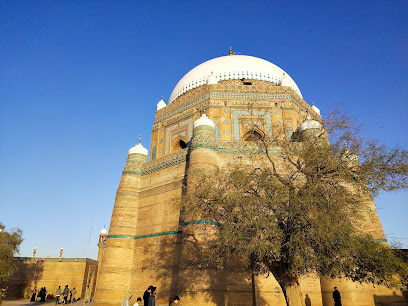
Shoaib trader
Discover the essence of traditional herbal healing at Shoaib Trader, a must-visit attraction in Multan's vibrant Chowk Ghanta Ghar Medicine market.
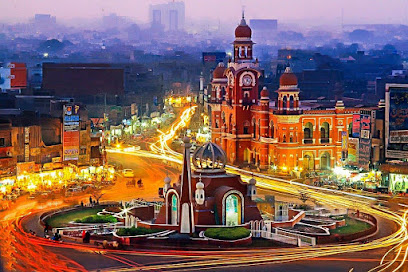
Jinnah Park
Experience the tranquility of Jinnah Park, an urban oasis in Multan, perfect for relaxation, family outings, and enjoying nature's beauty.
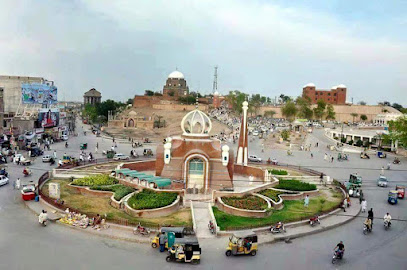
Haram Gate
Explore the historical grandeur of Haram Gate in Multan, where ancient architecture meets vibrant local culture, creating a unique travel experience.
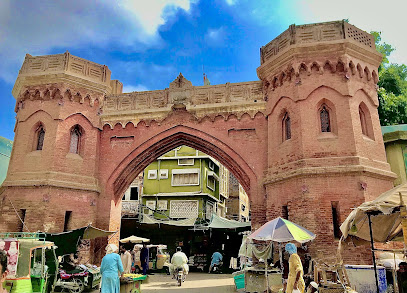
Chaman Zar e Askari Park Multan
Discover the serene beauty of Chaman Zar e Askari Park in Multan, a perfect escape for nature lovers and families.
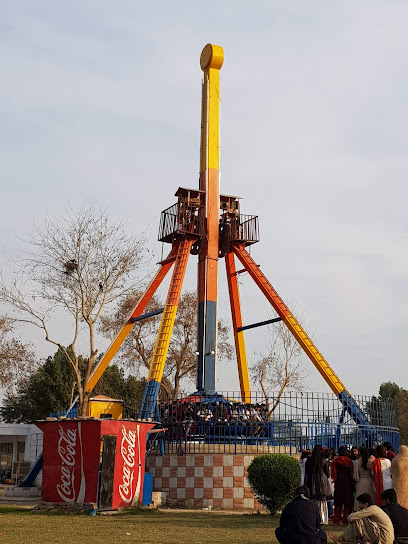
Gol Bagh Park
Experience the tranquility of Gol Bagh Park, a community garden in Multan, where nature meets peace and relaxation.
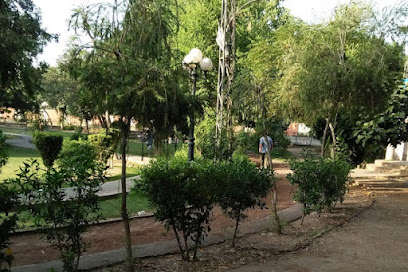
Dehli Gate
Explore the historic Delhi Gate in Multan, a stunning gateway to the past with vibrant markets and rich cultural experiences.
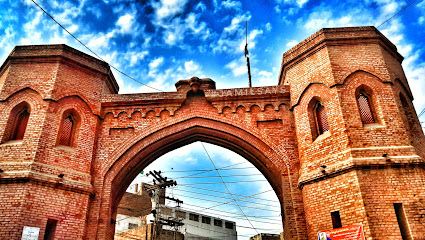
Tomb of Hazrat Shah Rukn-e-Alam
Discover the architectural brilliance and spiritual legacy of the Tomb of Hazrat Shah Rukn-e-Alam in Multan, a must-see historical landmark.
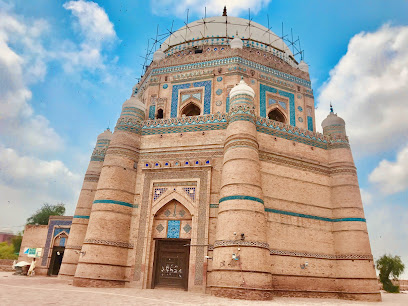
Shah Shams Park
Explore the serene beauty and cultural richness of Shah Shams Park in Multan, a perfect spot for relaxation and family fun.
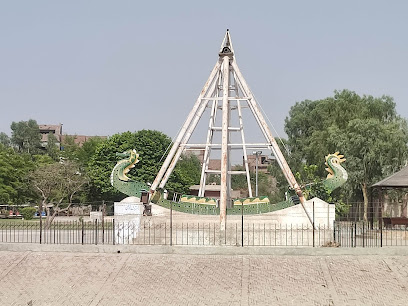
360 ZOO DHA Multan
Explore the vibrant wildlife and interactive experiences at 360 ZOO DHA Multan, a must-visit destination for families and nature enthusiasts alike.
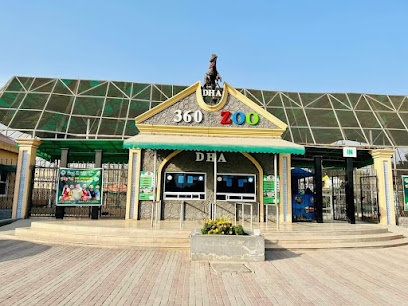
Shah Shams Darbar Multan
Discover the spiritual beauty and rich heritage of Shah Shams Darbar, a must-visit shrine in Multan, Pakistan, where history and devotion converge.
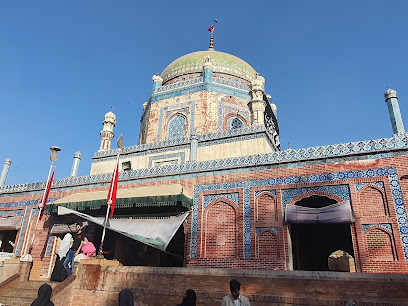
Eid Ghah
Explore Eid Ghah in Multan, a stunning mosque and tourist attraction reflecting the city's rich Islamic heritage and serene atmosphere.
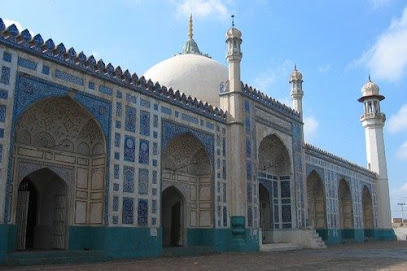
Multan Arts Council
Discover the artistic heart of Multan at Multan Arts Council, where creativity, culture, and community come together in vibrant performances and events.
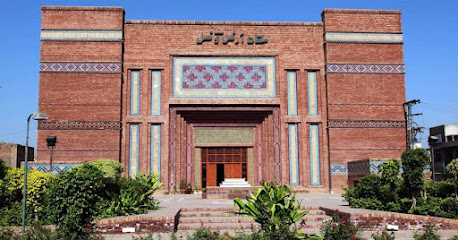
Marhaba decoration
Explore the vibrant artistry of Marhaba Decoration in Multan, where handcrafted treasures reflect the rich cultural heritage of Punjab.
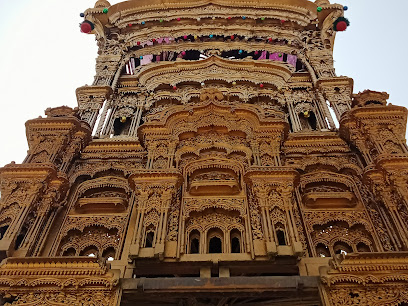
Chenab Park
Experience the natural beauty and tranquility of Chenab Park, a serene oasis in Multan, Punjab, perfect for relaxation and recreation.
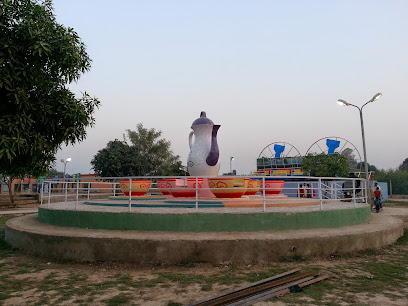
Unmissable attractions to see
Fort Kohna Qasim Garden
Discover the beauty and history of Fort Kohna Qasim Garden in Multan, a stunning fortress surrounded by lush landscapes and rich heritage.
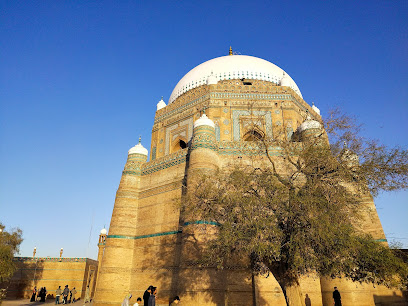
Shoaib trader
Explore Multan's Shoaib Trader, a hub of herbal medicine offerings, where tradition meets wellness in the bustling Chowk Ghanta Ghar market.
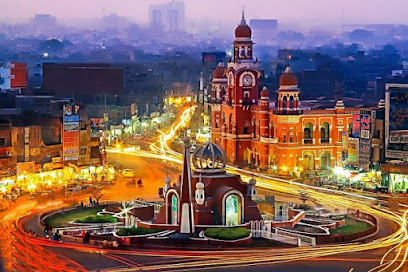
Jinnah Park
Discover the serene beauty of Jinnah Park, a lush urban oasis in Multan, perfect for relaxation, family outings, and cultural experiences.
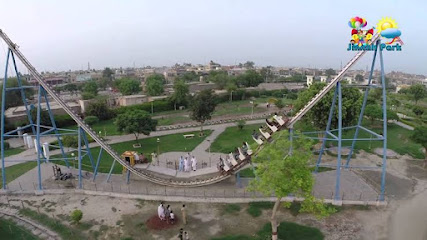
Chaman Zar e Askari Park Multan
Discover the tranquil beauty of Chaman Zar e Askari Park in Multan, a perfect retreat for nature lovers and families alike.
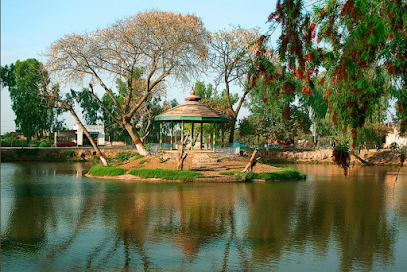
بہاولپور بائی پاس چوک
Explore the scenic beauty and cultural richness of Bahawalpur Bay Pass, a must-visit destination in Multan, Punjab, Pakistan.
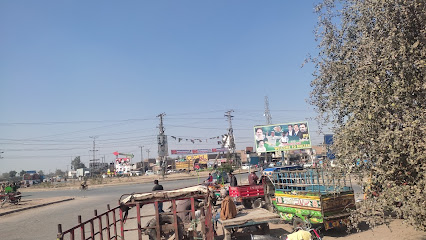
Shah Shams Park
Discover the beauty and cultural richness of Shah Shams Park, a premier destination in Multan offering recreation, relaxation, and spiritual exploration.
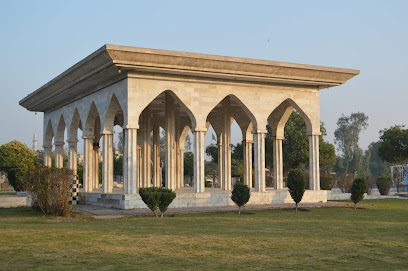
Multan Arts Council Park
Explore the lush landscapes and artistic ambiance of Multan Arts Council Park, a serene escape in the heart of Multan, Pakistan.
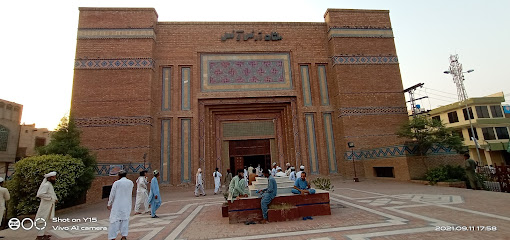
Cantt Garden ( Company Bagh)
Explore the serene beauty of Cantt Garden, Multan's beloved park, perfect for relaxation, picnics, and cultural experiences in nature's embrace.
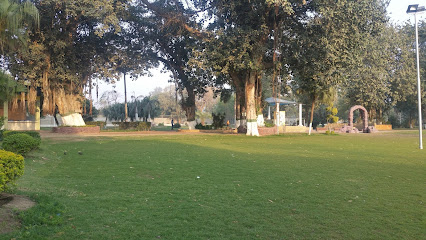
Eid Ghah
Explore the spiritual and architectural brilliance of Eid Ghah, a historic mosque in Multan, offering tranquility and cultural richness.
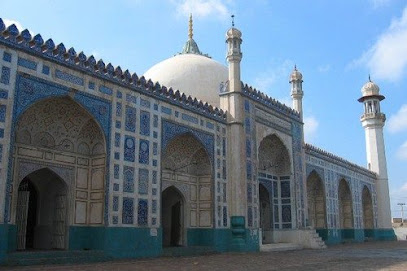
Chenab Park
Explore Chenab Park, a beautiful green escape in Multan, perfect for relaxation, picnics, and enjoying nature's beauty.
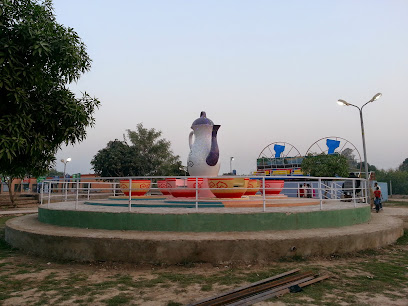
Faisal Park Mumtazabad
Explore Faisal Park Mumtazabad, a lush green haven in Multan ideal for relaxation, family outings, and enjoying nature's beauty.
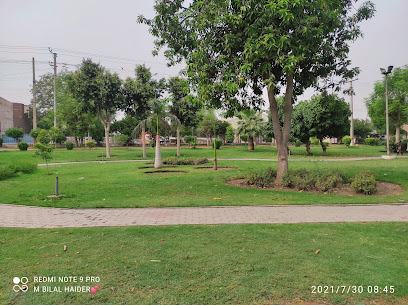
گول پلاٹ
Discover tranquility at Gul Plaza, Multan's serene park offering lush greenery, vibrant flowers, and a perfect escape for relaxation and cultural immersion.
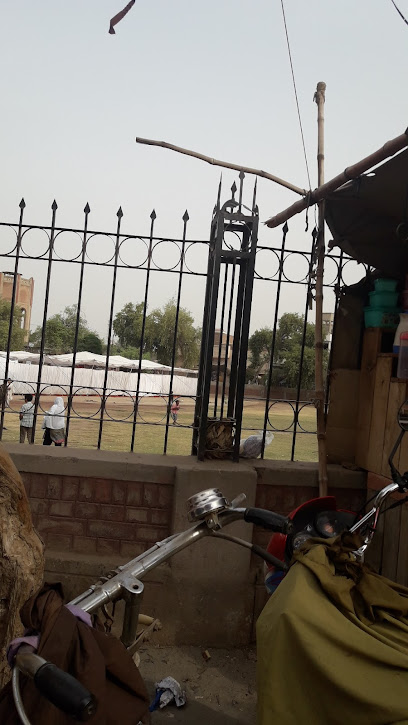
Qasim Bagh
Discover the lush greenery and historic charm of Qasim Bagh, a must-visit park in Multan, Pakistan, perfect for relaxation and exploration.
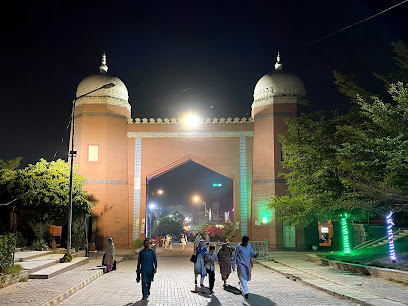
ROSHAN LIFE SOCIAL GROUP
Explore the heart of Multan's community and culture at the Roshan Life Social Group, a vibrant tourist attraction filled with local arts and initiatives.

Fort Qasim
Explore Fort Qasim, Multan's historical jewel, where ancient architecture meets vibrant local culture in a stunning setting.
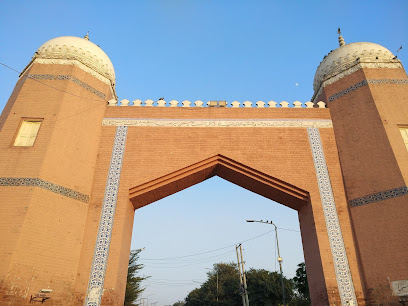
Essential places to dine
The Sicilian
Experience authentic Italian cuisine at The Sicilian in Multan—where culinary excellence meets warm hospitality.
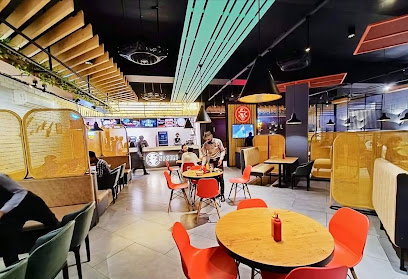
Chaaye Khana Multan
Discover the essence of Multan at Chaaye Khana - where traditional flavors meet modern comforts in a cozy setting.
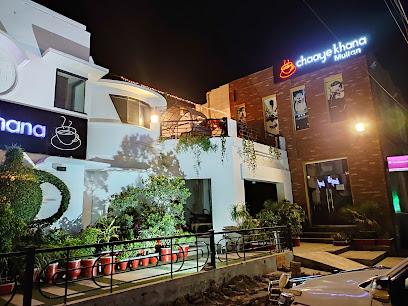
Almaida Pizza Garden
Discover the flavors of Almaida Pizza Garden in Multan – where delicious pizzas meet warm hospitality in a lively atmosphere.
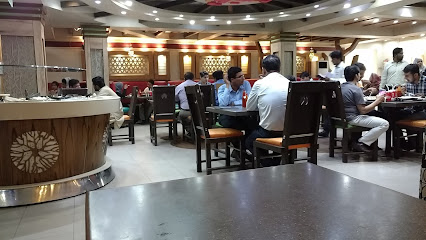
Shahjahan Grill Multan
Discover exquisite Pakistani cuisine at Shahjahan Grill in Multan – where tradition meets modernity for an unforgettable dining experience.
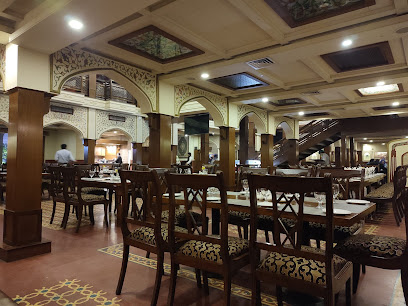
London Courtyard
Experience exquisite continental cuisine at London Courtyard in Multan - where flavors meet elegance.
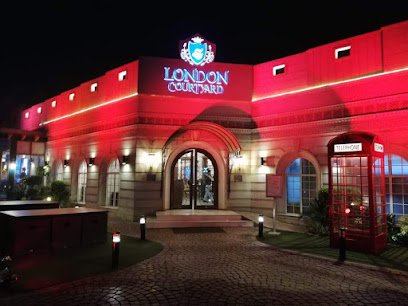
Bundu Khan Restaurant
Experience authentic Pakistani flavors at Bundu Khan Restaurant in Multan - where tradition meets taste.
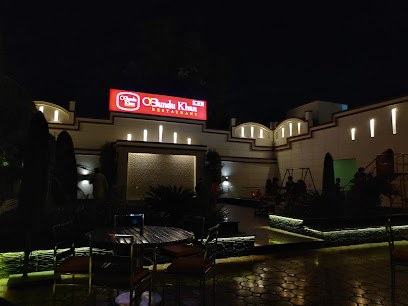
Al Kaif Multan
Experience delicious pizza and fast food at Al Kaif Multan - where flavors come alive!
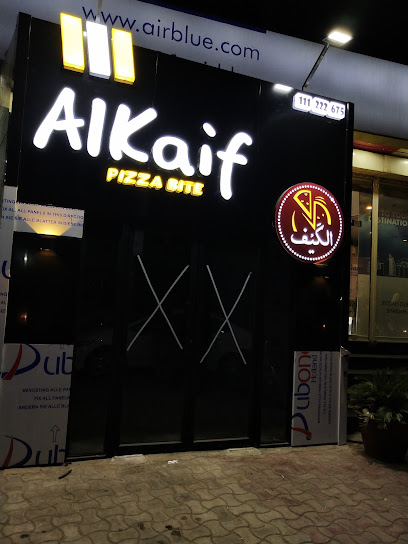
Bar.B.Q Tonight multan cantt
Experience authentic Pakistani barbecue delights at Bar.B.Q Tonight Multan Cantt – where tradition meets flavor in every bite.
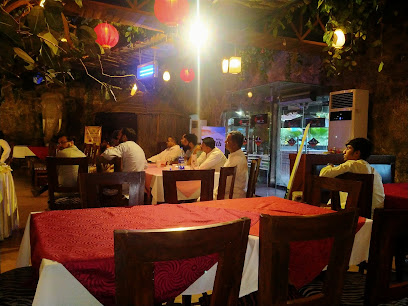
Zanzibar Restaurant
Experience authentic Pakistani cuisine at Zanzibar Restaurant in Multan—where flavor meets tradition.
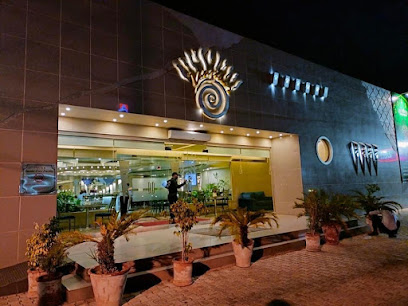
Devour
Experience the best of fast food at Devour in Multan - savor gourmet pizzas and delicious burgers in a vibrant atmosphere.
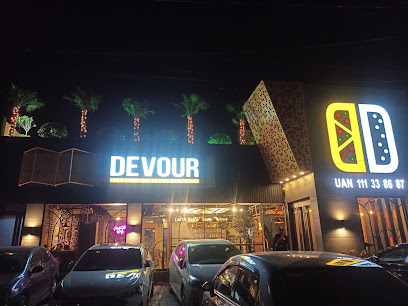
AANGAN restaurant @BANOUET HALL
Experience authentic Pakistani cuisine at Aangan Restaurant in Multan - where tradition meets taste.
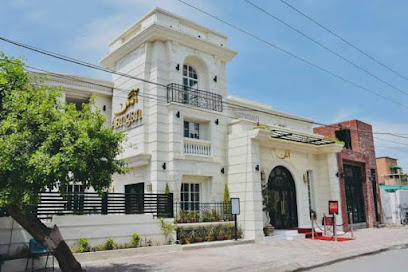
Zaytoon Garden Restaurant Multan زیتون گارڈن ریسٹورنٹ ملتان
Experience authentic flavors at Zaytoon Garden Restaurant in Multan – where Pakistani hospitality meets global culinary delights.
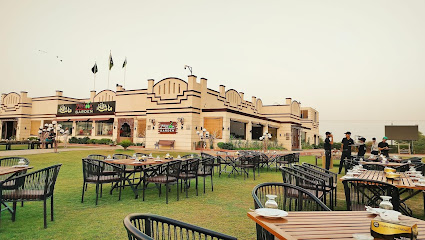
Tasty Plus Restaurant
Experience the best of local and international flavors at Tasty Plus Restaurant in Multan - where every meal is a celebration.
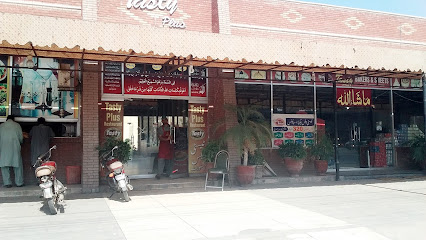
Naveed Biryani House
Discover authentic biryani flavors at Naveed Biryani House in Multan - a culinary delight steeped in tradition.
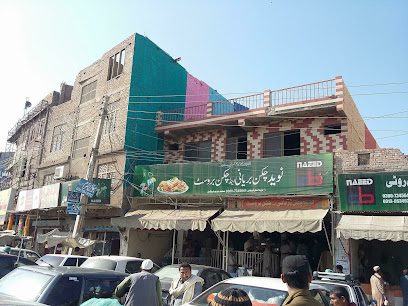
Shangrilla Gardens & BBQ
Discover the perfect blend of exquisite barbecue cuisine and serene garden settings at Shangrilla Gardens & BBQ in Multan.
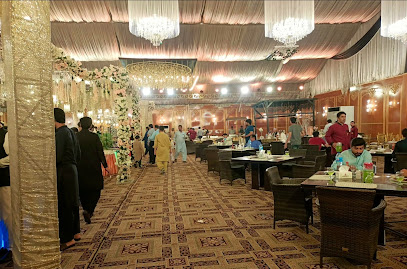
Markets, malls and hidden boutiques
Hussain Agahi Market
Explore the vibrant Hussain Agahi Market in Multan, where vintage clothing and local culture come together for a unique shopping experience.
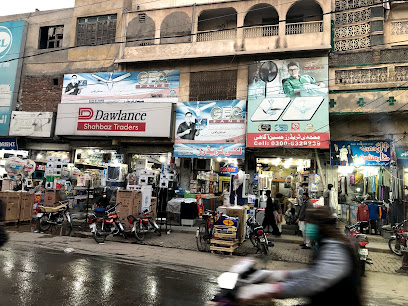
Mall of Multan
Discover the Mall of Multan: A vibrant shopping, dining, and entertainment destination in the heart of Punjab, Pakistan.
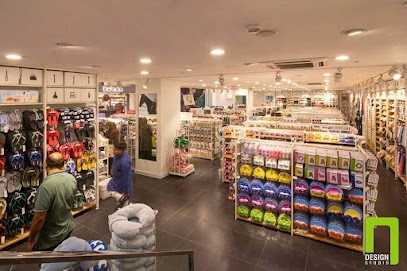
Chapter 2 It's More Than A Bookstore
Discover Chapter 2 in Multan: a unique bookstore offering books, costumes, toys, and more for a whimsical shopping experience.
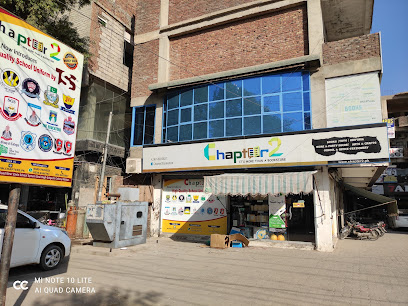
Breakout shop
Explore Breakout Shop in Multan for the latest fashion trends and stylish clothing, perfect for every occasion.
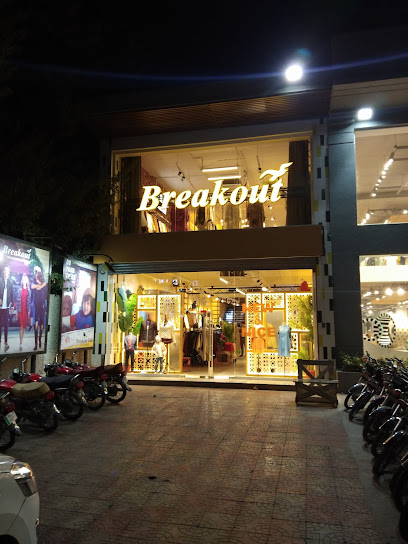
Ethnic by Outfitters
Discover the vibrant essence of Pakistani fashion at Ethnic by Outfitters in Multan, offering unique traditional and contemporary clothing for all.
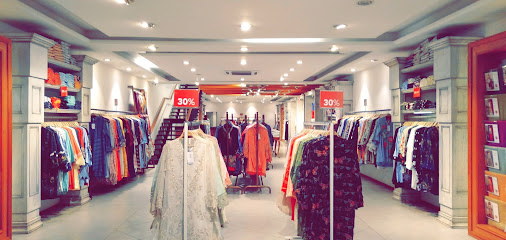
Gift Point
Discover a world of cosmetics and beauty essentials at Gift Point, Multan's top destination for beauty enthusiasts.
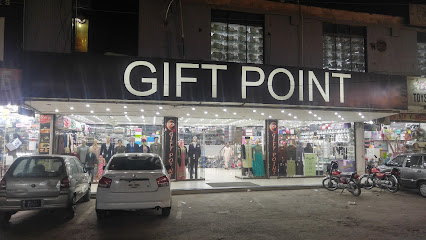
The Budget Shop
Explore The Budget Shop in Multan for unique gifts, charming toys, and exquisite perfumes, capturing the essence of local culture.
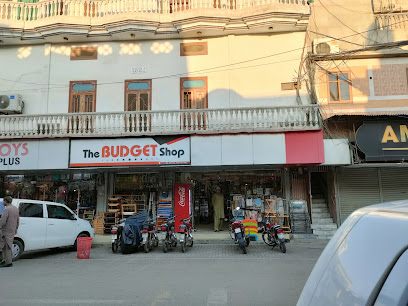
Outfitters Gulgasht Colony
Explore the latest fashion trends and elevate your style at Outfitters Gulgasht Colony, Multan's premier clothing destination.
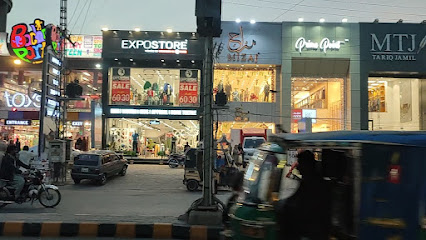
So Kamal Shop
Discover the essence of Pakistani fashion at So Kamal Shop, where tradition meets modern style in the heart of Multan.
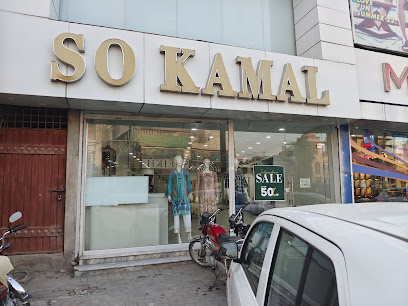
The Expo Shop
Discover the vibrant styles of Multan at The Expo Shop, where traditional meets contemporary in a delightful shopping experience.
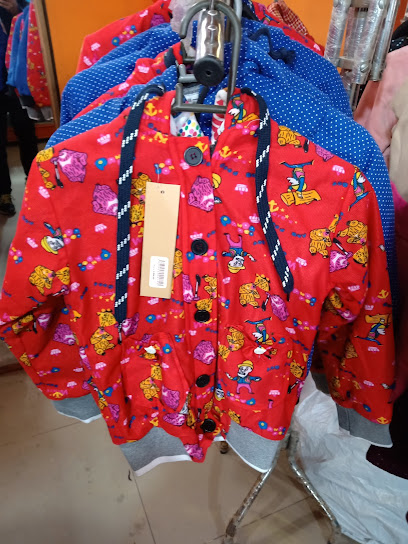
Factory Shop 2 فیکٹری شاپ
Discover unique clothing styles and local fashion at Factory Shop 2 in Multan, where quality meets affordability in a vibrant shopping atmosphere.
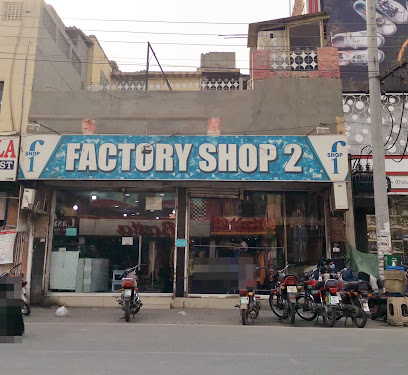
Multan Bazar
Discover the vibrant Multan Bazar: a shopping haven filled with traditional clothing, local crafts, and the rich cultural heritage of Multan.
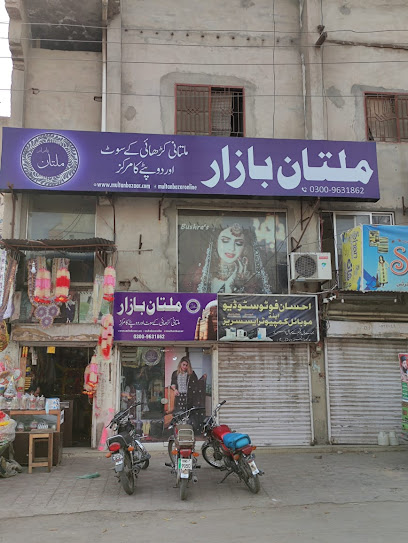
Ethnic
Explore Ethnic Clothing Store in Multan - A Fusion of Tradition and Modernity in Fashion.
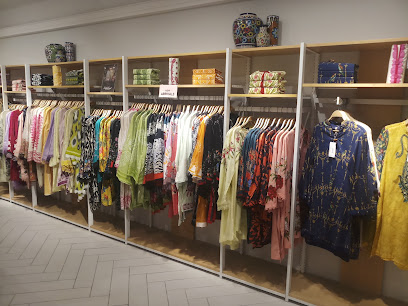
Alwaheed General Store
Discover the ultimate shopping experience at Alwaheed General Store in Multan, offering a wide range of cosmetics, accessories, and fashion essentials.

Naveed Bedding Store
Discover the rich textiles of Pakistan at Naveed Bedding Store in Multan, offering a unique selection of bedding and home decor.
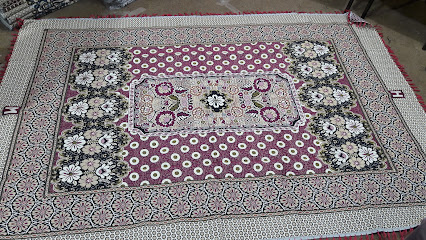
Essential bars & hidden hideouts
CAFE AL-JAFER, BZU, MULTAN, PAKISTAN.
Experience the vibrant atmosphere of Cafe Al-Jafer at BZU, Multan – a perfect blend of local flavors and campus energy.
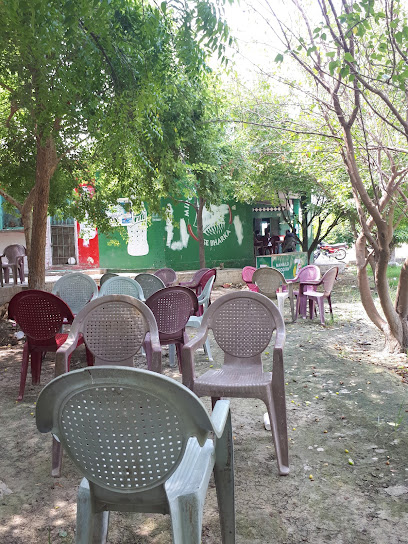
Pot Black Snooker Club
Discover the vibrant snooker scene at Pot Black Snooker Club, Multan's top sports bar for enthusiasts and casual players.
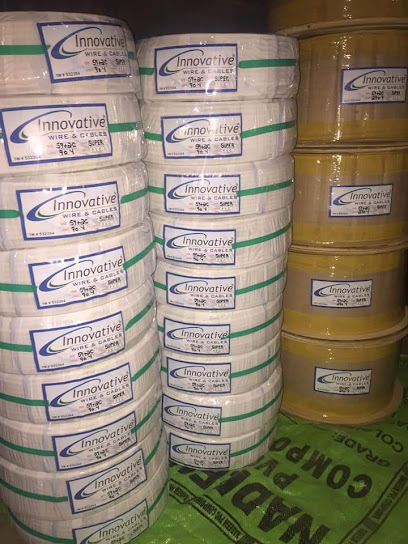
Mahar Drink Corner
Discover the vibrant atmosphere of Mahar Drink Corner in Multan, where refreshing beverages and local culture come together for an unforgettable experience.
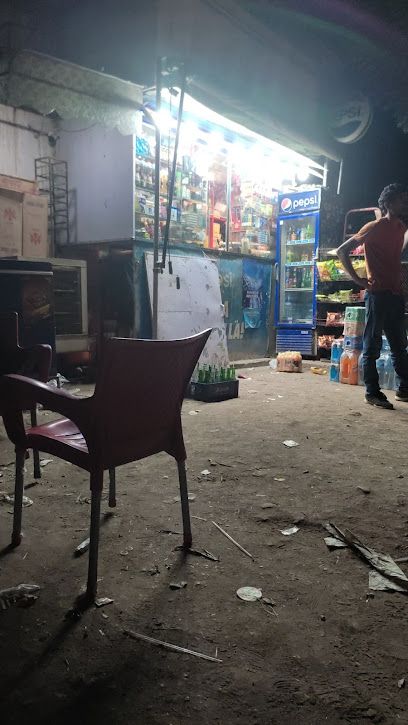
DRINK'S CLUB
Experience the vibrant nightlife at Drink's Club in Multan, where refreshing drinks and a lively atmosphere await.
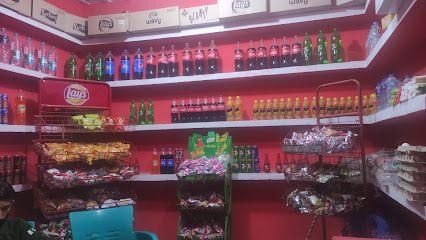
Dera Kash
Discover the lively atmosphere of Dera Kash, Multan's go-to bar for a taste of local nightlife and an extensive drink selection.
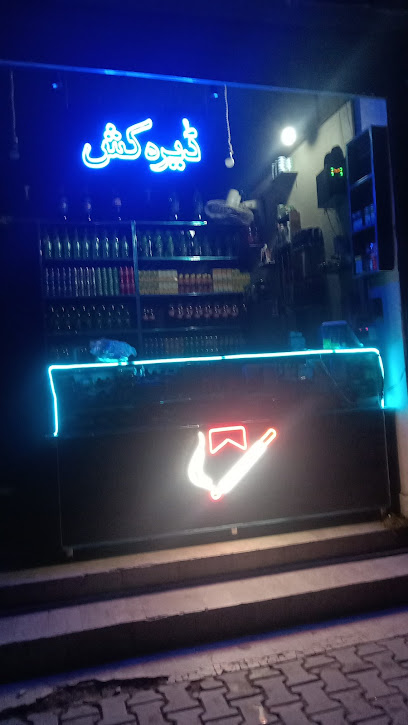
Ballii drink corner
Experience the vibrant nightlife at Ballii Drink Corner, a must-visit bar in Multan offering refreshing drinks and a lively atmosphere.
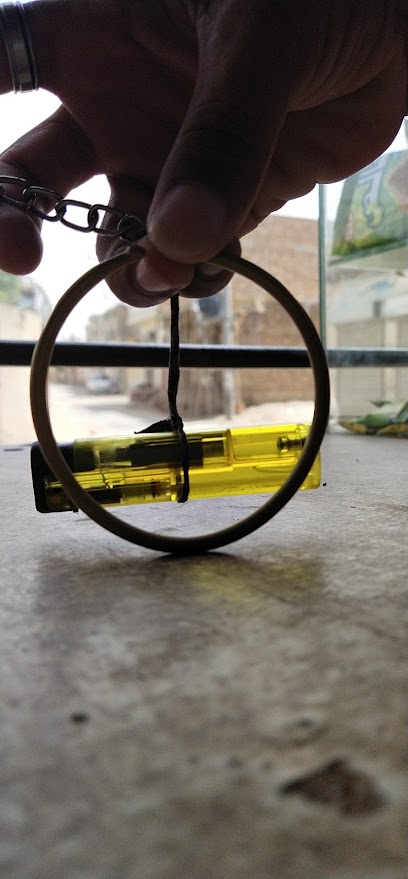
The Smoke Hub
Experience the vibrant nightlife at The Smoke Hub, Multan's premier bar offering an eclectic atmosphere and a diverse drink menu.
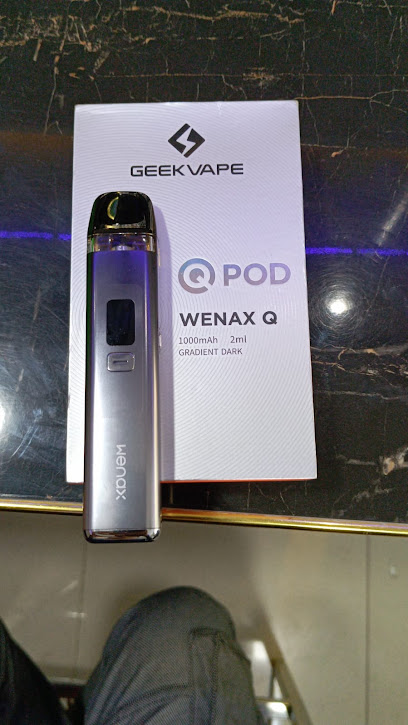
MI Bar
Experience the vibrant nightlife of Multan at MI Bar, where local culture meets refreshing drinks and a lively atmosphere.
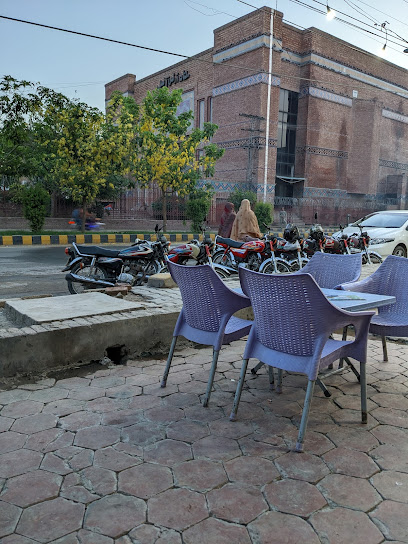
Good Luck koki
Experience the vibrant nightlife of Multan at Good Luck Koki, a bar that blends local culture with a lively atmosphere, perfect for tourists.
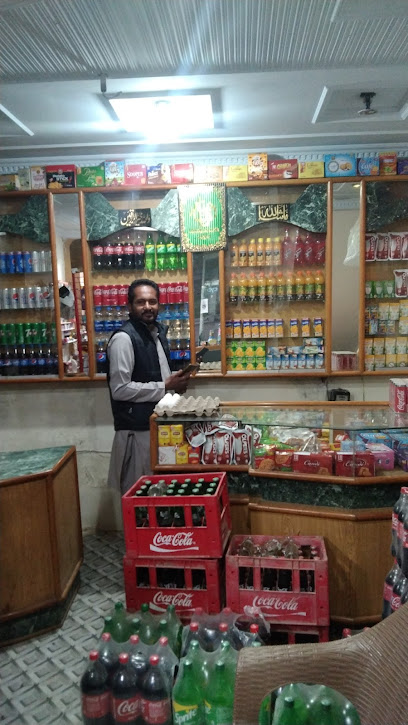
Ali drink corner
Discover the vibrant ambiance and refreshing drinks at Ali Drink Corner, Multan's favorite bar for tourists seeking local flavors.
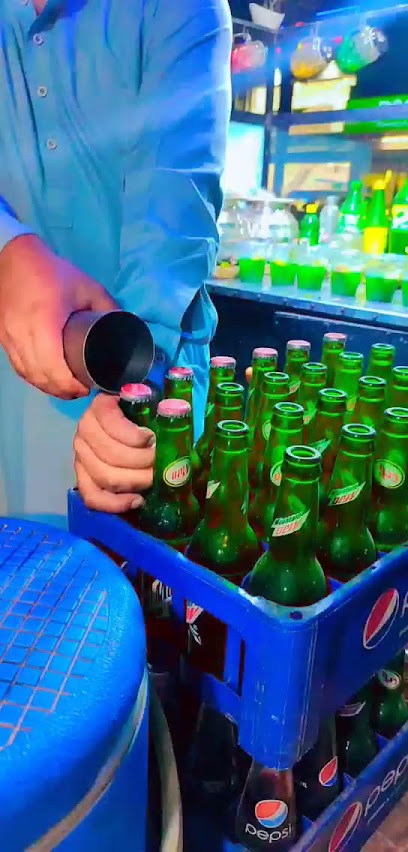
SMOKE DRINK CORNER
SMOKE DRINK CORNER in Multan offers a vibrant nightlife experience with a wide selection of drinks in a lively atmosphere perfect for tourists.
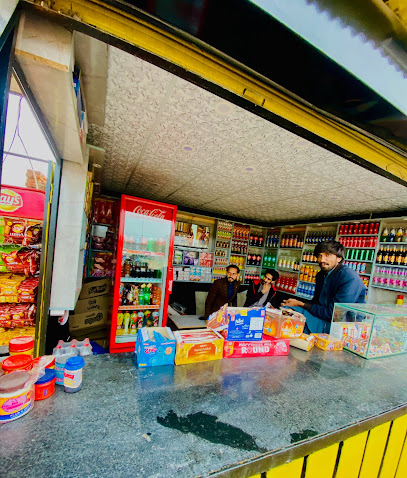
شآہ جی ہاؤس
Discover the vibrant nightlife of Multan at شآہ جی ہاؤس, where local charm meets an inviting bar experience.
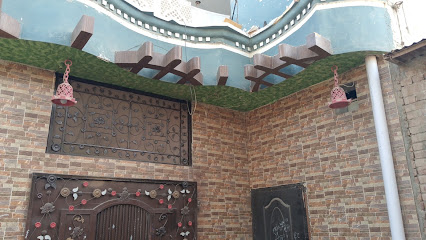
Rao Drink Corner
Experience the vibrant nightlife of Multan at Rao Drink Corner, where refreshing drinks and lively ambiance await you.

Baali Drink Corner
Discover the lively Baali Drink Corner in Multan - a vibrant bar experience blending local flavors and social atmosphere.

Sheedan
Discover the vibrant atmosphere of Sheedan, a premier bar in Multan, where local culture meets a lively nightlife experience.

Local Phrases
-
- HelloAs-salamu alaykum
[Ass-sah-lah-moo ah-lie-koom] - GoodbyeKhuda hafiz
[Khu-dah hah-feez] - YesJee
[Jee] - NoNahi
[Na-hee] - Please/You're welcomeMeharbani/ Khush aamdeed
[May-har-bah-nee/ Koosh ahm-deed] - Thank youShukriya
[Shook-ree-ah] - Excuse me/SorryMaazrat chahta hoon/ Maafi
[Maaz-rut chah-tah hoon/ Mah-fee] - How are you?Kya hal hai?
[Kya hahl hai] - Fine. And you?Theek hoon. Aur aap?
[Thake hoon. Or aap?] - Do you speak English?Kya aap English bolte hain?
[Kya aap English bol-tay hai] - I don't understandMujhe samajh nahi aaya
[Moo-jay sa-maj nahi ah-yah]
- HelloAs-salamu alaykum
-
- I'd like to see the menu, pleaseMenu dekhna chahta hoon, meharbani
[Men-oo dekh-na chah-tah hoon, may-har-bah-nee] - I don't eat meatMain gosht nahi khaata
[Main go-sh-ta na-hee kha-ta] - Cheers!Cheers!
[Cheers] - I would like to pay, pleaseBill dena chahta hoon, meharbani
[Bill deh-na chah-tah hoon, may-har-bah-nee]
- I'd like to see the menu, pleaseMenu dekhna chahta hoon, meharbani
-
- Help!Madad!
[Mad-ad!] - Go away!Door ho jao!
[Door ho jow!] - Call the Police!Police ko bulao!
[Po-leece ko boo-lao!] - Call a doctor!Doctor ko bulao!
[Doc-tor ko boo-lao!] - I'm lostMain gum ho gaya hoon
[Main goom ho ga-ya hoon] - I'm illMain beemar hoon
[Main bee-mar hoon]
- Help!Madad!
-
- I'd like to buy...Kuch lena chahta hoon...
[Kuch lay-na chah-tah hoon...] - I'm just lookingBas dekh raha hoon
[Bas dekh ra-ha hoon] - How much is it?Yeh kitne ka hai?
[Yeh kit-nay ka hai?] - That's too expensiveYeh bohot mehnga hai
[Yeh bo-hut meh-ngah hai] - Can you lower the price?Kya aap price kam kar sakte hain?
[Kya aap price kam kar sak-tay hai?]
- I'd like to buy...Kuch lena chahta hoon...
-
- What time is it?Kitne baj gaye hain?
[Kit-nay baj gaye hai?] - It's one o'clockEk baj gaya hai
[Ek baj ga-ya hai] - Half past (10)Das baje ke baad
[Das ba-jay ke baad] - MorningSubah
[Su-bah] - AfternoonDopahar
[Do-pa-har] - EveningSham
[Sham] - YesterdayKal
[Kal] - TodayAaj
[Aaj] - TomorrowKal
[Kal] - 1Ek
[Ek] - 2Do
[Do] - 3Teen
[Teen] - 4Chaar
[Chaar] - 5Paanch
[Paa-anch] - 6Chhe
[Chhe] - 7Saat
[Saat] - 8Aath
[Aath] - 9Nau
[Nau] - 10Das
[Das]
- What time is it?Kitne baj gaye hain?
-
- Where's a/the...?Kahan hai...
[Ka-haan hai...] - What's the address?Pata kya hai?
[Pa-ta kya hai?] - Can you show me (on the map)?Kya aap mujhe dikhayenge (map par)?
[Kya aap moo-jhay dikha-yen-gay (map par)?] - When's the next (bus)?Agli bus kab hai?
[Ag-lee bus kab hai?] - A ticket (to ....)Ek ticket (.... ke liye)
[Ek ticket (.... ke li-ye)]
- Where's a/the...?Kahan hai...
History of Multan
-
Multan, one of the oldest cities in South Asia, has been a significant cultural and trade center for over 5,000 years. Known as the 'City of Gold,' Multan's early history is intertwined with the Indus Valley Civilization. Archaeological evidence suggests that the region was a thriving hub of commerce, attracting traders from Mesopotamia and Egypt. The city's wealth and strategic location made it an important settlement in ancient times.
-
In 326 BCE, Alexander the Great invaded the Indian subcontinent and captured Multan after a fierce battle. The city's resilience and strategic importance were evident even then. Alexander's conquest brought Multan into the Hellenistic world, influencing its culture and trade for centuries to come. The city was known as 'Mallian' during this period, deriving its name from the Malloi tribe that inhabited the region.
-
The Islamic conquest of Multan began in the 8th century when Muhammad bin Qasim, an Umayyad general, captured the city in 712 CE. This marked the beginning of a new era for Multan, as it became a key center of Islamic culture and learning. The city saw the construction of numerous mosques, madrasas, and Sufi shrines during this period. Multan became known as the 'City of Saints' due to the many Sufi mystics who settled there, spreading their teachings and gaining a devoted following.
-
During the 10th and 12th centuries, Multan came under the rule of the Ghaznavid and Ghurid dynasties. These rulers further fortified the city and developed its infrastructure. Multan was an important center of trade, linking the Indian subcontinent with Central Asia and the Middle East. The city's bazaars were famous for their textiles, ceramics, and spices, attracting merchants from far and wide.
-
Multan's significance continued to grow under the Delhi Sultanate in the 13th century and later during the Mughal Empire from the 16th to 18th centuries. The city saw an era of prosperity and cultural renaissance under Mughal rule. Magnificent architectural structures, including mosques, forts, and gardens, were built, many of which still stand today. Multan's strategic location made it a vital provincial capital, contributing to the administrative and military strength of the Mughal Empire.
-
In the early 19th century, Multan was annexed by the Sikh Empire under Maharaja Ranjit Singh. The city witnessed several battles during this period, notably the Siege of Multan in 1848-49, which led to its capture by the British Empire. Under British rule, Multan underwent significant modernization, including the development of infrastructure such as railways, roads, and educational institutions. The British also promoted the cultivation of cash crops like cotton and wheat, transforming the city's economy.
-
Following Pakistan's independence in 1947, Multan became part of the newly formed country. The city has continued to grow and modernize while retaining its rich cultural and historical heritage. Today, Multan is an important economic and cultural hub in Pakistan, known for its thriving agricultural industry, handicrafts, and historical sites. The city's numerous Sufi shrines and festivals attract pilgrims and tourists from across the globe, preserving its legacy as the 'City of Saints.'
Multan Essentials
-
Multan is accessible via Multan International Airport (MUX), which has direct flights from major cities in Pakistan and select international destinations. The city is also well-connected by rail and road. There are frequent train services from cities like Lahore, Karachi, and Islamabad. For those traveling by road, Multan is connected via the National Highway (N-5) and the M-4 motorway, making it a convenient drive from other parts of the country.
-
Within Multan, you can use various modes of transportation including rickshaws, taxis, and app-based ride-hailing services like Uber and Careem. Public buses operate on major routes, but they can be crowded. Renting a car is an option but be prepared for busy traffic conditions. For short distances, rickshaws are the most convenient and economical choice.
-
The official currency in Multan is the Pakistani Rupee (PKR). Credit and debit cards are widely accepted in hotels, restaurants, and larger stores. However, it is advisable to carry some cash for smaller establishments and markets. ATMs are readily available throughout the city, but it's wise to withdraw sufficient cash in case you travel to more remote areas.
-
Multan is generally safe for tourists, but standard precautions should be taken. Avoid walking alone at night in unfamiliar areas. Some areas with higher crime rates include the outskirts of the city and less populated neighborhoods. Always keep your belongings secure and be cautious in crowded places like markets and public transport hubs.
-
In case of emergency, dial 15 for police assistance and 1122 for medical emergencies and fire services. Multan has several hospitals and clinics that provide emergency care. It is advisable to have travel insurance that covers medical emergencies. Pharmacies are available for minor health issues and over-the-counter medications.
-
Fashion: Do dress modestly out of respect for local customs. Avoid wearing revealing clothing. Religion: Do respect religious practices and remove your shoes when entering mosques and shrines. Public Transport: Do respect local etiquette and avoid loud conversations on public transport. Greetings: Do greet people with a 'As-Salaam-Alaikum' (Peace be upon you). A handshake is common among men. Eating & Drinking: Do try local foods and accept hospitality graciously. Don't eat or drink in public during the month of Ramadan.
-
To experience Multan like a local, visit the bustling Hussain Agahi Bazaar for traditional crafts and local cuisine. Engage with locals, who are often friendly and willing to share insights about the city's rich history. Don't miss the chance to visit the Sufi shrines and the historic Multan Fort. For a unique experience, take a boat ride on the Chenab River.
Nearby Cities to Multan
-
Things To Do in Faisalabad
-
Things To Do in Lahore
-
Things To Do in Gujranwala
-
Things To Do in Amritsar
-
Things To Do in Jaisalmer
-
Things To Do in Sialkot
-
Things To Do in Rawalpindi
-
Things To Do in Islamabad
-
Things To Do in Jammu
-
Things To Do in Peshawar
-
Things To Do in Quetta
-
Things To Do in Murree
-
Things To Do in Jodhpur
-
Things To Do in Abbottabad
-
Things To Do in Pushkar













